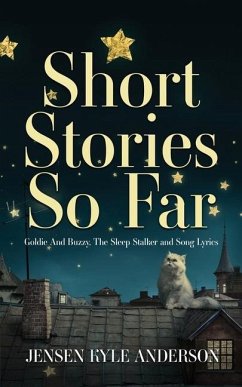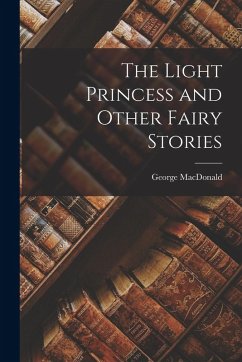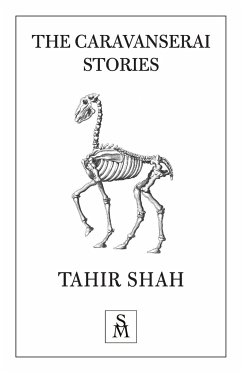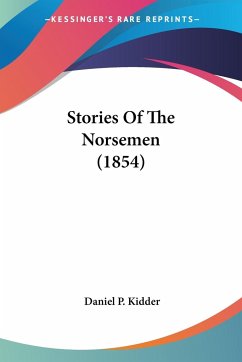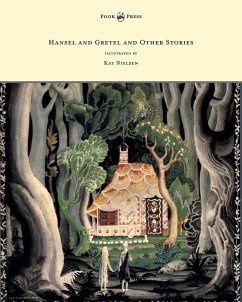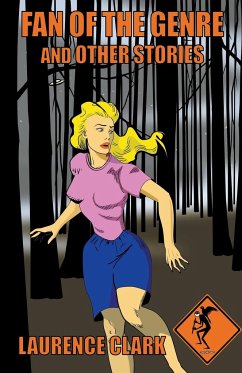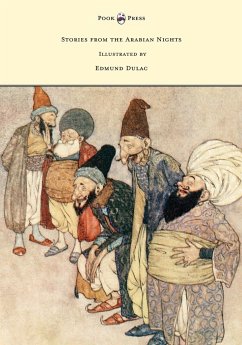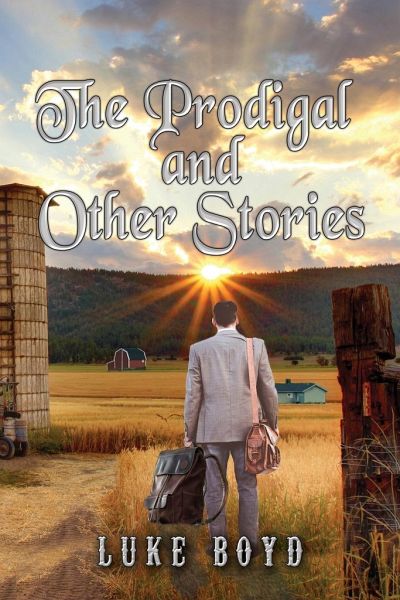
The Prodigal and Other Stories

PAYBACK Punkte
10 °P sammeln!
The first house I remember was a double pen structure which sat up on tall blocks. It was in the western part of The Delta not far from the Big River. The soil was buckshot which had only recently been released from the clutches of the surrounding swamp water. It was dark, grainy, and very rich but not easy to farm. When dry, it would shrink and develop large cracks. When wet, it was heavy, would clod up, and be very slick--some said, "as slick as owl shit." But in crop years when the weather was neither wet too late nor dry too early, it produced a bountiful harvest. Light came from coal oil ...
The first house I remember was a double pen structure which sat up on tall blocks. It was in the western part of The Delta not far from the Big River. The soil was buckshot which had only recently been released from the clutches of the surrounding swamp water. It was dark, grainy, and very rich but not easy to farm. When dry, it would shrink and develop large cracks. When wet, it was heavy, would clod up, and be very slick--some said, "as slick as owl shit." But in crop years when the weather was neither wet too late nor dry too early, it produced a bountiful harvest. Light came from coal oil lamps. Water came from a pitcher pump in the back yard. There were no screens on the windows. There was an outhouse close by the garden fence. The road was dirt - mud when it rained. There were no books but there were always the stories. My brother and I would not go to bed unless Daddy told us a story. I learned later that some were traditional fables. Others he just made up but they were all new to us. My father was a story teller. There were many around. In a semi-literate society, that was the way family and community history was preserved. When my uncles came to visit, there were always sessions around the table after supper or on the front porch. I was always allowed to listen. Not only did I pick up a lot of information, I also learned how to tell a good story, a talent I have found useful throughout the years. At a book signing some years ago, a woman asked me what my philosophy of writing was. She was offended when I replied, "Ma'am, I'm just trying to tell a good story." Now where did these fourteen tales come from? Some are true; some have an element of truth in them; four are chapters from a novel in progress; others just came into my mind and led me on a writing journey. But they are all fiction---more or less. That is not to say that some of these did not happen to some people at some time in some place. Nevertheless, they are still fiction. Table of Contents: The Prodigal The Undertaker The Interview The Gates of Hell A New Pair of Glasses The Great Catapult Caper The Loser A Quid Pro Quo? The Trail Just Another Good Day in The Park The Device Out of Step The Surprise The Senior Prom





